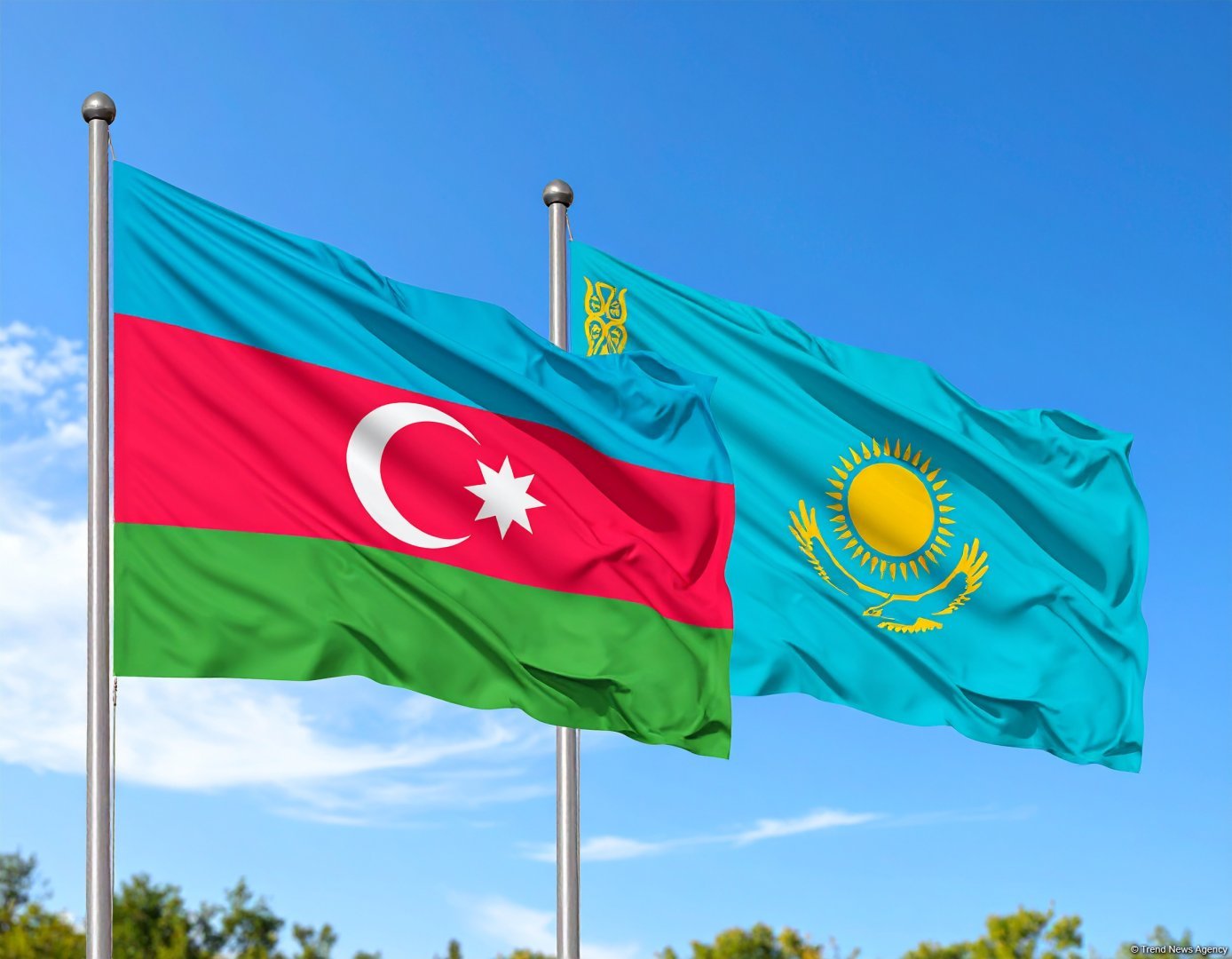BAKU, Azerbaijan, May 22. The development of the Trans-Caspian corridor not only deepens economic cooperation between Azerbaijan and Kazakhstan but also contributes to the creation of a reliable architecture for collective resilience within the Organization of Turkic States (OTS), Kazakh political analyst Nurbolat Nyshanbayev told Trend.
"Kazakhstan and Azerbaijan, as Caspian states with close logistical and infrastructure ties, have all the prerequisites for developing joint mechanisms for emergency response. The development of the Trans-Caspian corridor allows for deepening economic cooperation between the two countries and building a reliable architecture for collective resilience within the OTS," he pointed out.
According to him, the OTS summit in Budapest has become the name of the game for bolstering connections among Turkic states and widening their geopolitical footprint. For Kazakhstan, the main priorities remain strengthening economic ties, developing transport and logistics routes, and promoting a shared Turkic identity.
"At the summit, particular attention was given to issues of sustainable development, financial regulation, and ecology," Nyshanbayev added.
The analyst also underscored the importance of joining forces between Kazakhstan and Azerbaijan within the OTS.
"Kazakhstan and Azerbaijan are already building strong cooperation in logistics, trade, digital technologies, and education, which creates a solid foundation for institutional interaction within the OTS. Their coordinated actions give the organization real political and economic weight, turning it from a cultural association into a full-fledged regional actor with growing international authority," concluded Nyshanbayev.
The informal summit of heads of state of the OTS was held in the Hungarian capital, Budapest, on May 21. The meeting culminated with the signing of the Budapest Declaration.
The Middle Corridor connects the container rail freight networks of China and the European Union countries through the countries of Central Asia, the Caucasus, Türkiye, and Eastern Europe.
The multilateral multimodal transport infrastructure connects the ferry terminals of the Caspian and Black Seas with the railway systems of China, Kazakhstan, Azerbaijan, Georgia, Türkiye, Ukraine, and Poland.







